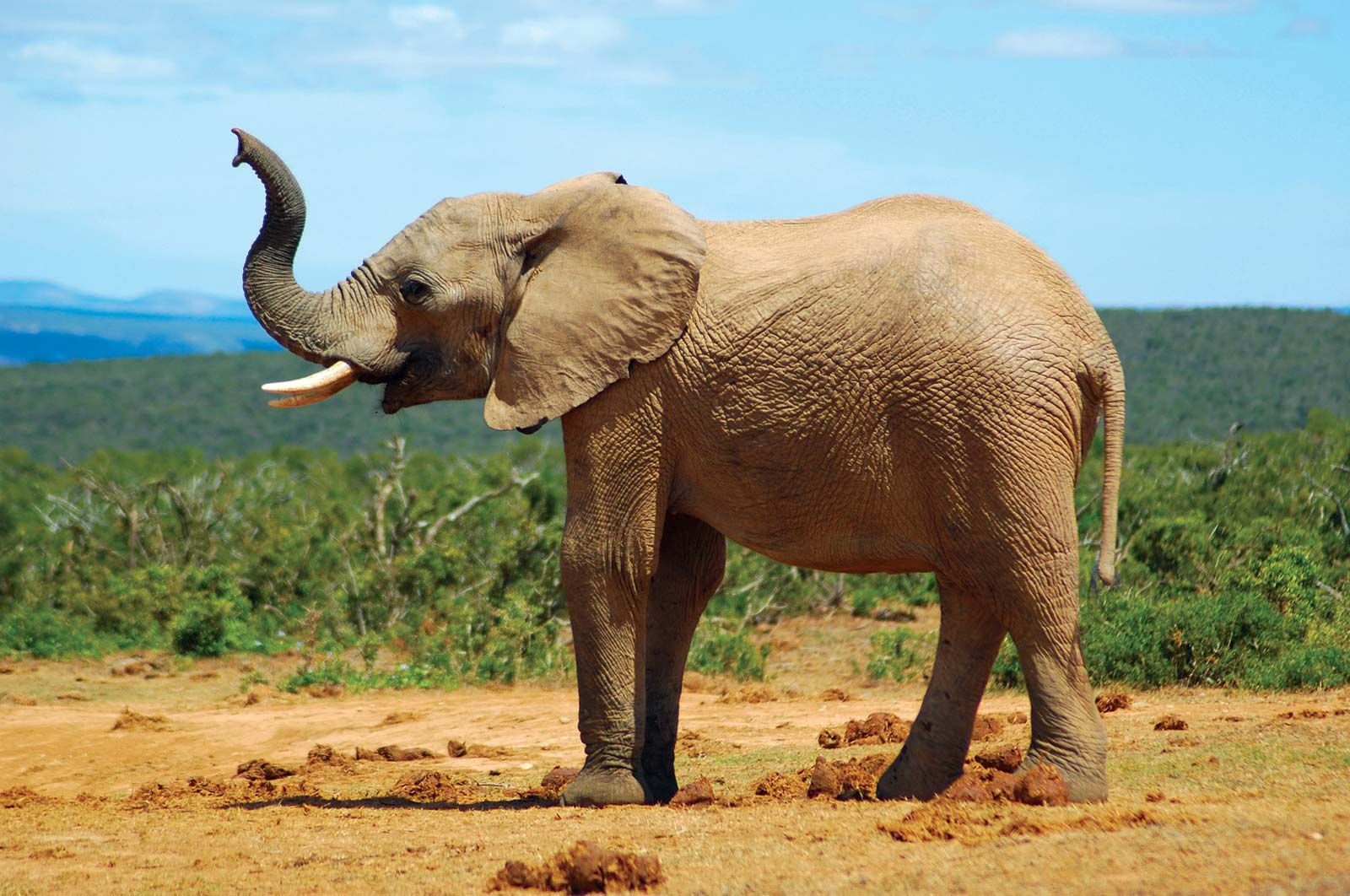The Bahá’í Faith, a relatively recent religious movement, asserts its universal verity through dialogue and understanding among diverse faiths, including Hinduism. Engaging with the concept of the “elephant in the Hindu room,” the discourse surrounding these two rich traditions becomes fertile ground for potential syncretism and deeper understanding. The metaphor of the elephant represents those often overlooked or poorly understood aspects of religion that, when illuminated, can foster greater harmony and appreciation among believers.
Delving into the intersection of Bahá’í teachings and Hindu philosophy reveals fundamental tenets that promise not only to pique curiosity but to catalyze a shift in perspective. This exploration begins by acknowledging core principles such as unity, the progression of knowledge, and the nature of God, which lie at the heart of both religions.
At the forefront of Bahá’í teachings is the principle of the oneness of humanity. This tenet beckons adherents to transcend boundaries that often divide people, including those delineated by faith. It invites a scrupulous examination of one’s beliefs, urging individuals to see divine truths within other religious frameworks. Hinduism, with its plurality of deities and deep philosophical undercurrents, embodies a rich tapestry through which Bahá’ís can glean insights about the universality of spiritual truth.
The exploration begins with the concept of God. Both Bahá’ís and Hindus espouse a belief in a singular, transcendent deity. However, Hinduism elucidates this through the doctrine of Brahman, an all-encompassing force beyond human comprehension. Contrarily, Bahá’ís focus on a monotheistic perspective where God manifests through successive prophets, each addressing the spiritual needs of their time. By acknowledging this multilayered nature of the divine, followers of both faiths can engage in transformative conversations, nurturing an atmosphere ripe for religious dialogue.
Another significant facet of this dialogue lies in the notion of revelation. In Bahá’í teachings, revelation is progressive and continual, suggesting that divine knowledge unfolds gradually over time. In parallel, Hinduism’s cyclical view of time posits that truth is revealed through a variety of texts and teachings across centuries. Each spiritual tradition offers unique insights into humanity’s quest for understanding, showcasing the value of diverse pathways leading to the same divine origin.
Moreover, Bahá’í teachings underscore the importance of independent investigation of truth. This principle is particularly resonant in the Hindu context, where philosophical inquiry and personal experience are essential tenets. Both faiths place significant emphasis on personal responsibility in the pursuit of knowledge. As adherents engage with this idea, they begin to recognize that faith is not merely a passive acceptance of dogma but an active exploration of spirituality. This perspective can breathe new life into religious discussions, as individuals are encouraged to dig deeper into the roots of their beliefs.
Ethics and morality also serve as profound convergences between the Bahá’í Faith and Hinduism. The Bahá’í emphasis on service to humanity and social justice reflects the Hindu principle of dharma, which advocates for righteous action aligned with the greater good. Acknowledging these overlapping moral frameworks can lead to collaborative efforts aimed at addressing contemporary challenges affecting societies globally. Such partnerships can catalyze significant social change, demonstrating how spiritual teachings can directly impact community welfare.
Nevertheless, the dialogue isn’t without its challenges. The metaphorical elephant in the room, which symbolizes complex issues such as caste and gender inequality in Hindu society, requires genuine engagement and critical reflection. Recognizing and addressing these disparities is an essential aspect of any meaningful conversation between Bahá’í and Hindu perspectives. The Bahá’í commitment to equality emphasizes that any barriers arising from prejudice must be dismantled if humanity is to achieve genuine unity.
In addressing these themes, Bahá’í teachings offer a profound promise: that through dialogue and shared exploration, all individuals can ultimately transcend cultural limitations and misunderstandings. The commitment to truth-seeking, coupled with a propensity for open-mindedness, propels followers toward enlightenment. When members of both communities engage deeply with one another’s tenets, they uncover not just similarities but also celebrate the vibrant differences that enrich the human experience.
Furthermore, this discourse facilitates a re-evaluation of the traditional narratives woven into their respective religions. The process of question and inquiry highlights the vibrancy of each faith. Secularism and dogma can often stifle genuine spiritual growth; however, by participating in conversations that embrace both traditions, the pathway to renewal is illuminated. New interpretations and meanings can emerge, reviving ancient wisdom and adapting it for contemporary relevance.
In summation, engaging with the Bahá’í Faith and Hindu teachings reveals intricate relationships among belief systems that foster unity and understanding. Through acknowledging the elephant in the Hindu room, believers are beckoned to confront not only the profound matters at hand but also the opportunities that lie therein. These intertwined conversations generate enthusiasm, curiosity, and—most importantly—a collective commitment to the shared ideals of peace, love, and service. Ultimately, this enriching dialogue promises to uplift the human spirit, inviting all to partake in a transformative spiritual journey.
